State of the sector and how you see ANDE Asia Climate & Environment Learning Lab as an opportunity for the ecosystem
Circularity and Sustainable growth are key to India’s growth story.
India has committed to achieving net-zero emissions by 2070 and aims to generate 50% of its electricity from renewable sources by 2030. The government has also introduced policies and incentives to boost green investments, including production-linked incentives for renewable energy and electric vehicles. Additionally, there has been an increase in funding for circular economy, energy-efficient technologies, and water management, with the private sector and international organizations playing key roles.
Although many frameworks are in place, challenges related to climate adaptation remain and addressing these is critical for balancing economic growth with environmental sustainability. These challenges are actively being addressed through capacity building and technology interventions with initiatives like the Circularity & Environment Learning Lab.
The Circularity & Environment Learning Lab provides vital platform for entrepreneurs, startups, SMEs and other governmental and non-governmental organizations to engage in cross-border knowledge exchange and technology transfer on a global scale.
GBI has been a part of the Learning Lab and has facilitated a session “Market Expansion Strategies for Small and Growing Businesses (SGBs), that focused on strategies for SGBs aiming for international growth which can be utilized by Enterprise Support Organizations (ESOs). It provided valuable insights and practical advice to help ESOs and SGBs successfully navigate the complexities of international market growth.
Ongoing programs supporting entrepreneurship and how others can collaborate with Global Business Inroads (GBI)
Global Business Inroads (GBI’s) mission is to scale technology access and deployment for the UN SDGs with a focus on cleantech, circular economy, environment, and digital transformation amongst others.
Over the last 15 years, GBI has been actively connecting technology companies and innovation ecosystems to new markets, investors, and technology adopters across India, Europe, UK, USA, Africa, and Asia. Mapping needs and gaps of an international territory and connecting with strengths and solutions to drive deployment of innovation has been a key driving force behind our actions, programs, and projects.
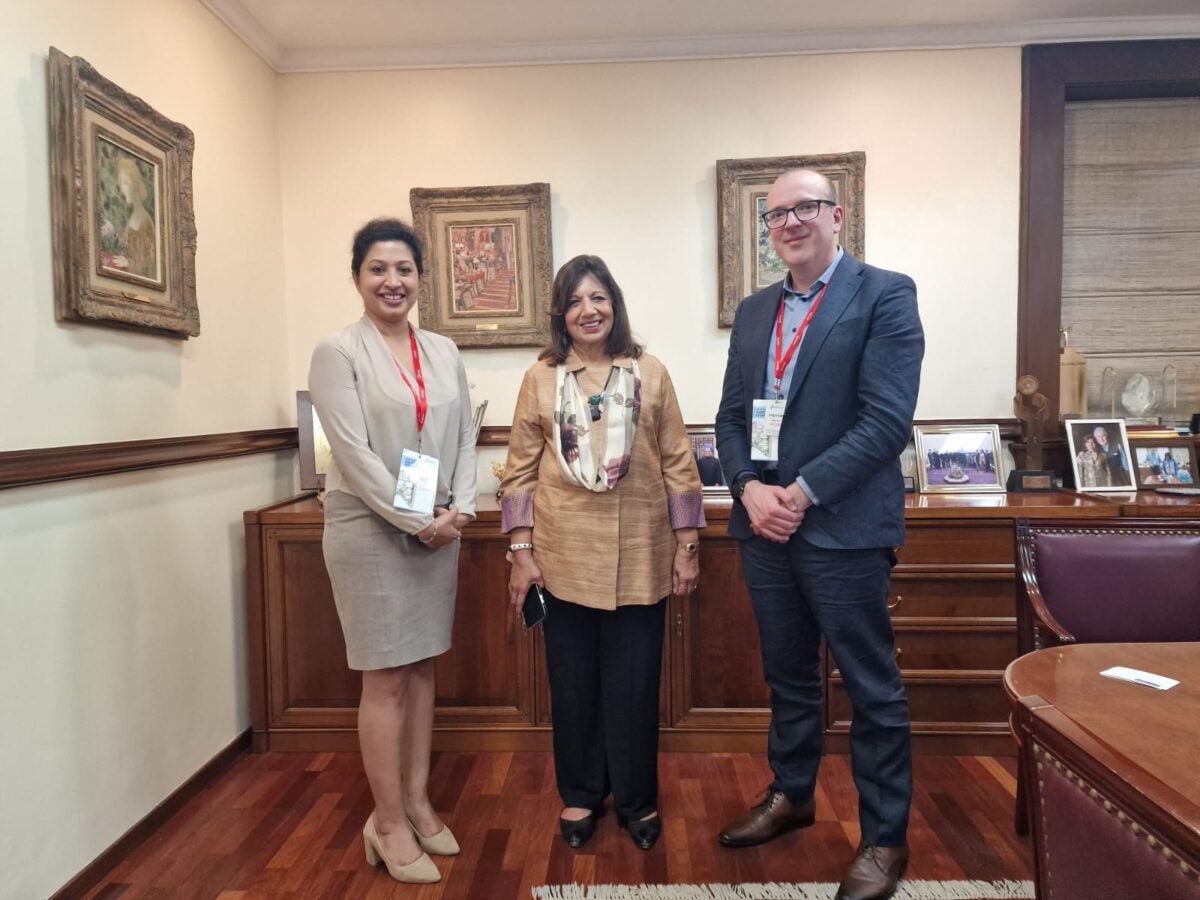
Catapult – Innovate for net zero workshop: Global Business Inroads (GBI) collaborated with Connected Places Catapult, an Innovate UK program, to facilitate the ‘UK-India Net-Zero Innovation Twinning Programme.’ This initiative aimed to support UK and Indian innovation districts in discovering and sharing novel approaches to address net-zero challenges, fostering a strong, mutually beneficial partnership.

EU-India Circular Fashion and Textile Platform – GBI as an International Network Partner of the Enterprise Europe Network (EEN) in India is developing actions to support Indian textile and fashion businesses in learning and adapting sustainable and circular practices and to regulations to improve their global competitiveness and supporting EU fashion and circular tech businesses with India market as well.
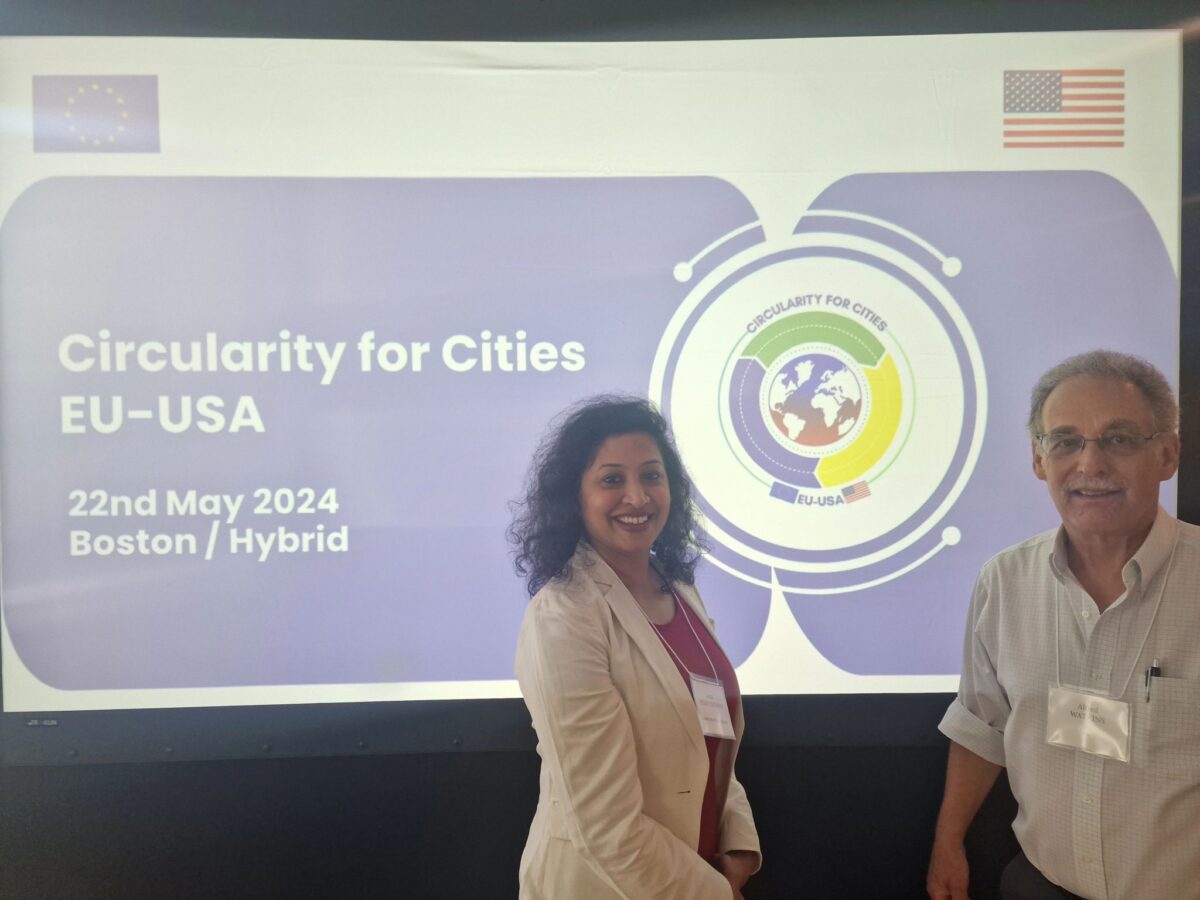

Unlocking the value chain of EVs and micromobility in India – GBI is supporting Innovate, UK and The Connected Places Catapult (CPC), as partner in India to unlock the value chain of EVs and micromobility, we aim to support bilateral trade and drive investment between UK and India.
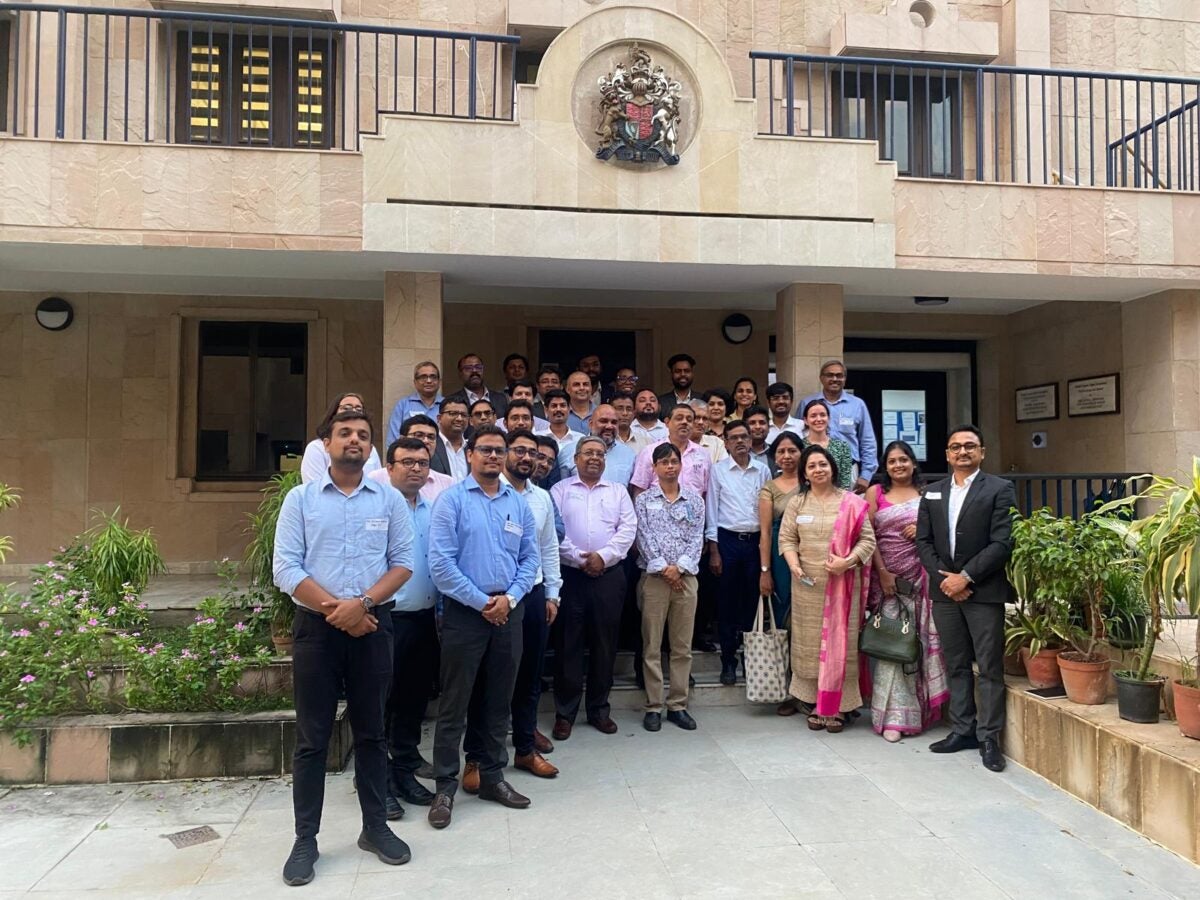
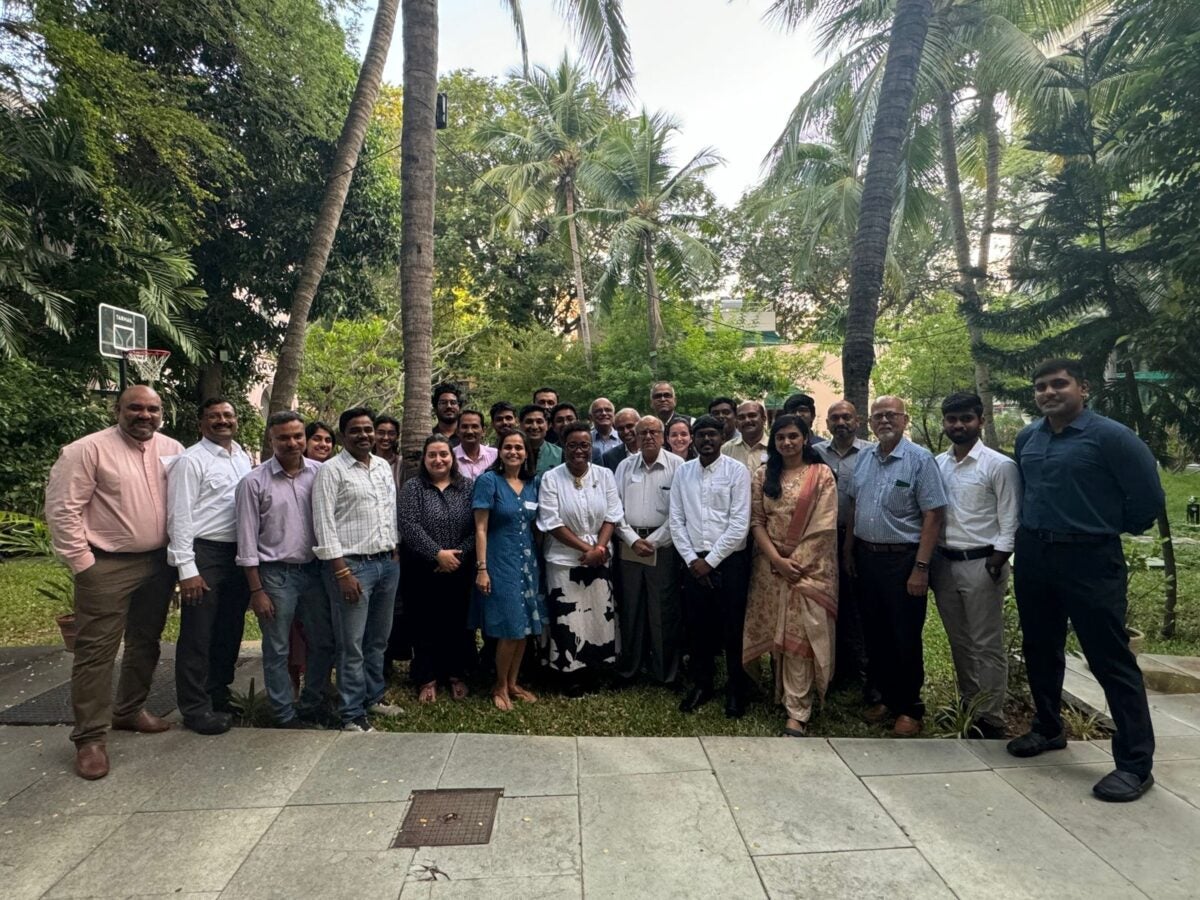
GBI has been implementing various actions related to SME internationalization, Networking, Market Needs assessment, Technology Partnerships, B2B Matchmaking, Knowledge Exchange, Capacity and Awareness Building, and Government to Government (G2G) sectoral platforms and dialogues in the digital, innovation, biodiversity, clean energy and circular economy arenas.
GBI has also conceptualized targeted platforms and programs, based on demand and supply, focusing on electric/connected mobility, clean energy, environment, biodiversity, biofuels, water, circular economy, agritech/sustainable agriculture, and digital transformation /ICT, to name a few.
GBI has launched and developed a proprietary online digital platform called Global Technology Interface® (GTI®) for companies, entrepreneurs, MSMEs, start-ups and R&D institutions to:
- Showcase innovative technologies and
- Facilitate collaborations in technology, science, research, and business
GTI® is an online repository of technologies (products and services) and opportunities focused on sectors related to the UNSDGs and Digital Transformation, making it easier and cost-effective for technology and innovation to access global markets and connect demand to supply via our Display, Discover, Develop, Deploy process.
GBI has also worked with governments, corporates and enterprises for Technology Scouting and Open Innovation Calls with the goal of identifying and mapping innovation, Intellectual Property (IP), technologies and/or solutions globally to address climate change.
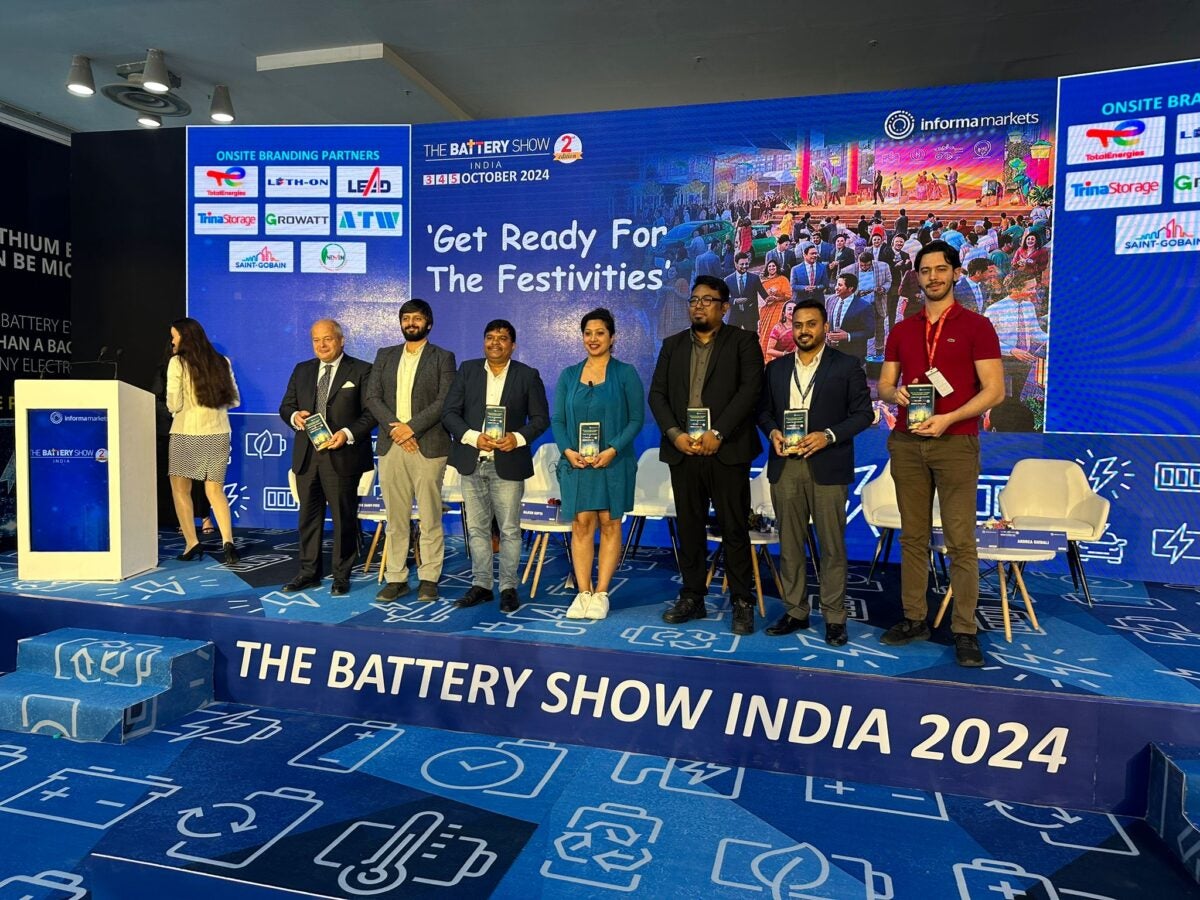
EU & India Electric Vehicle Battery Recycling Technologies Exchange 2024 – The Director of GBI as an EU expert coordinated and initiative to enhance collaboration between EV battery recycling solution providers and adopters from the EU and India.


EU-India Innovation Cooperation in the Biofuels Sector: GBI has executed a research and innovation project in collaboration with the European Commission to increase cooperation between the EU and India in the biofuels sector
Currently, GBI, in partnership with Upaya Social Ventures and rePurpose Global, has launched the Dignified Jobs Accelerator – Circular Innovation Cohort. This nine-month-long acceleration program is designed to support 60 for-profit, post-revenue businesses in India’s plastics and textiles & fashion waste management sectors in scaling their businesses and making them more investable, while creating dignified jobs for people in extreme poverty. This program is supported by the Aspen Network of Development Entrepreneurs (ANDE) at the Aspen Institute and IKEA Foundation under the Investment Innovation Fund, which is designed to improve access to finance for waste and circularity enterprises in India and Kenya.
What advice do you have for aspiring entrepreneurs looking to create environmentally conscious businesses?
- Identify a clear local environmental challenge: Focus on innovations that solve real problems, whether in waste reduction, clean energy, sustainable mobility, resource efficiency, etc.
- Start Local but Think Global: As most environmental challenges are global in nature, innovating for a global market needs to be considered from the inception stage.
- Work with Enterprise Support Organizations with expertise in this area: They can help validate your technology and business models, support with managing the regulations, standards and certifications, allowing you to effectively scale not only in the domestic market but in international markets as well.
- Leverage digital technologies to optimize operations and improve accountability and traceability.
- Educate and engage your customers: Customer awareness of the long-term benefits of your solutions will lead to faster technology adoption, and can be central to the success of an environmentally conscious business.
- Funding: Identify local as well international grants, subsidies, and venture capital focused on green innovation.
- Focus on Long-term Value Creation: Investing in sustainable practices and building an environmentally conscious business may initially have a higher cost but will yield returns through customer loyalty, brand reputation, and lower operational costs over time.
